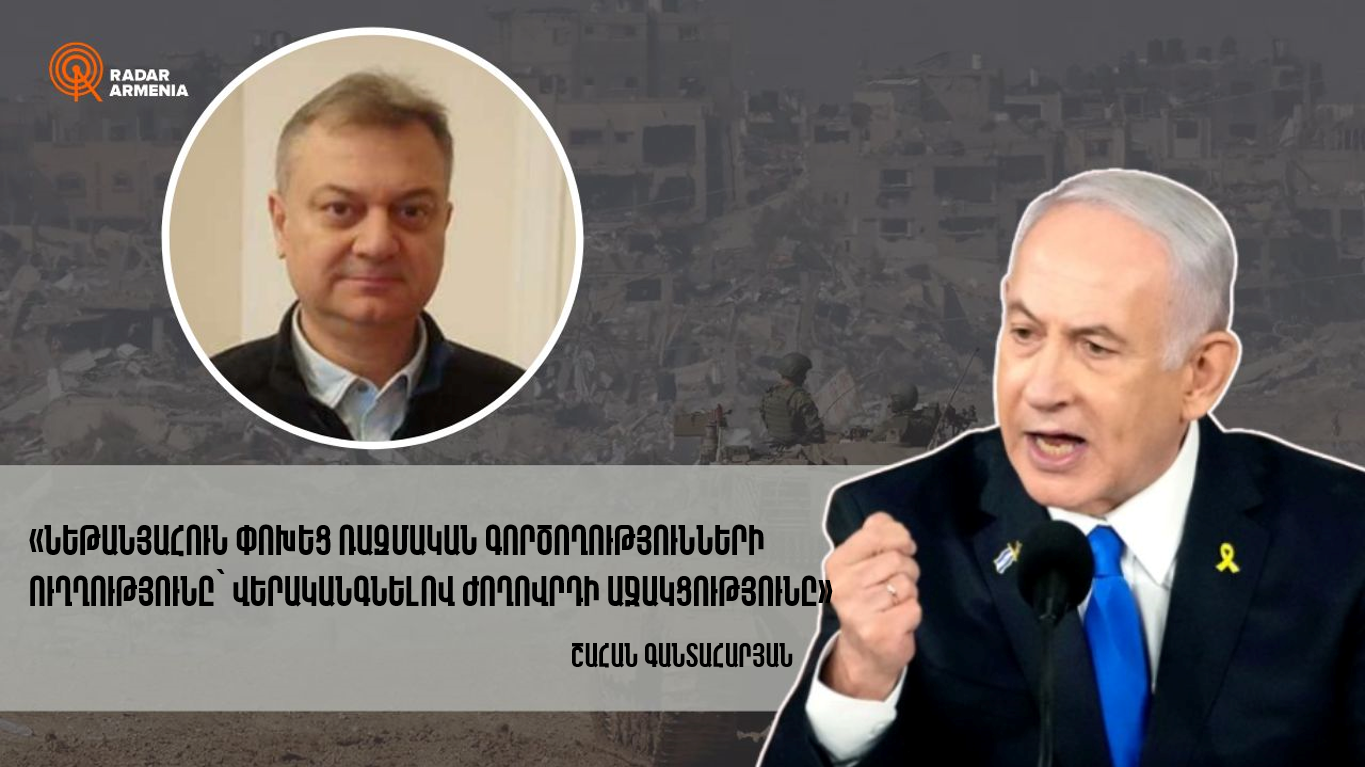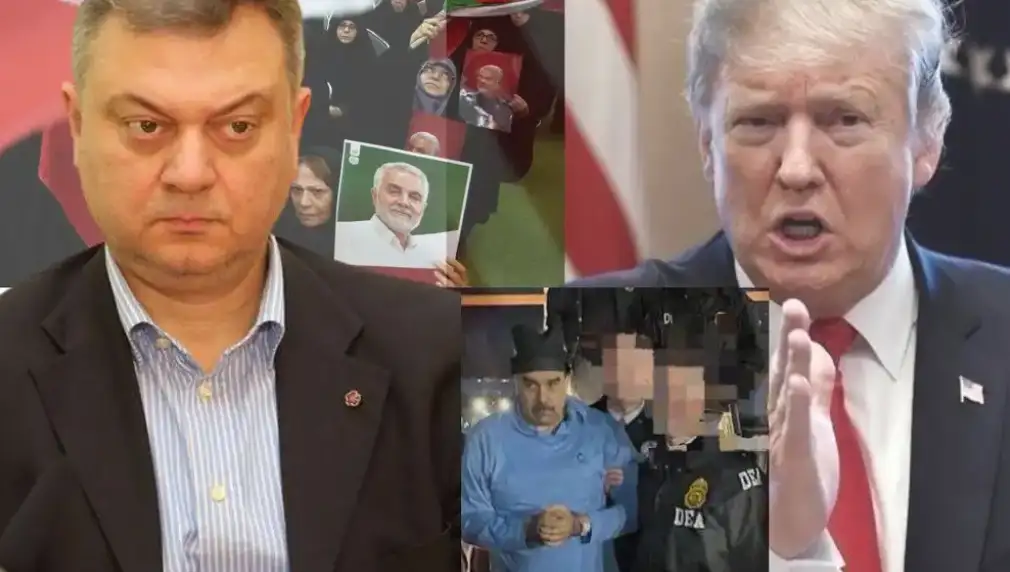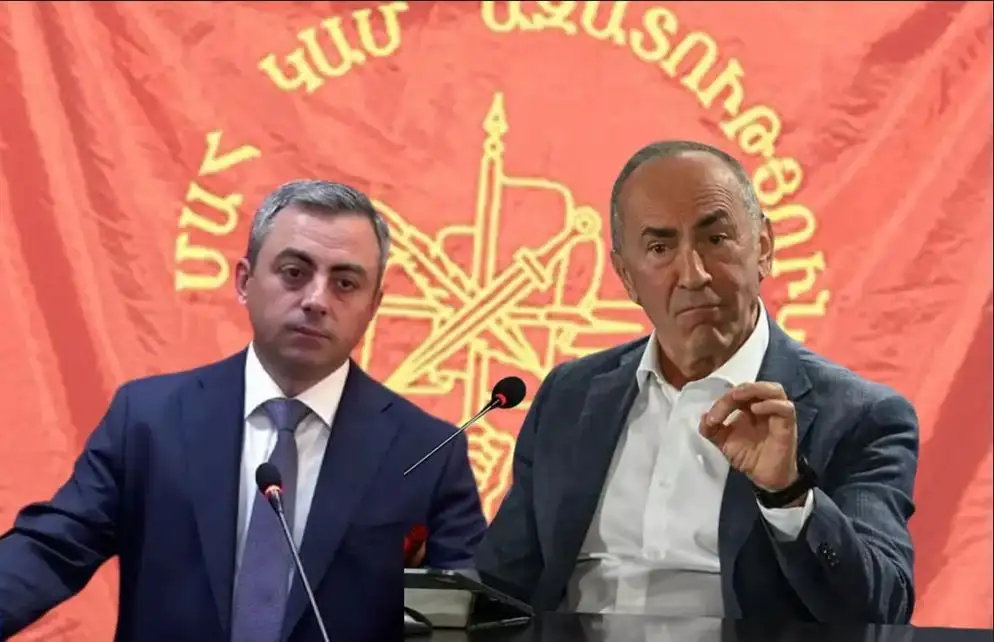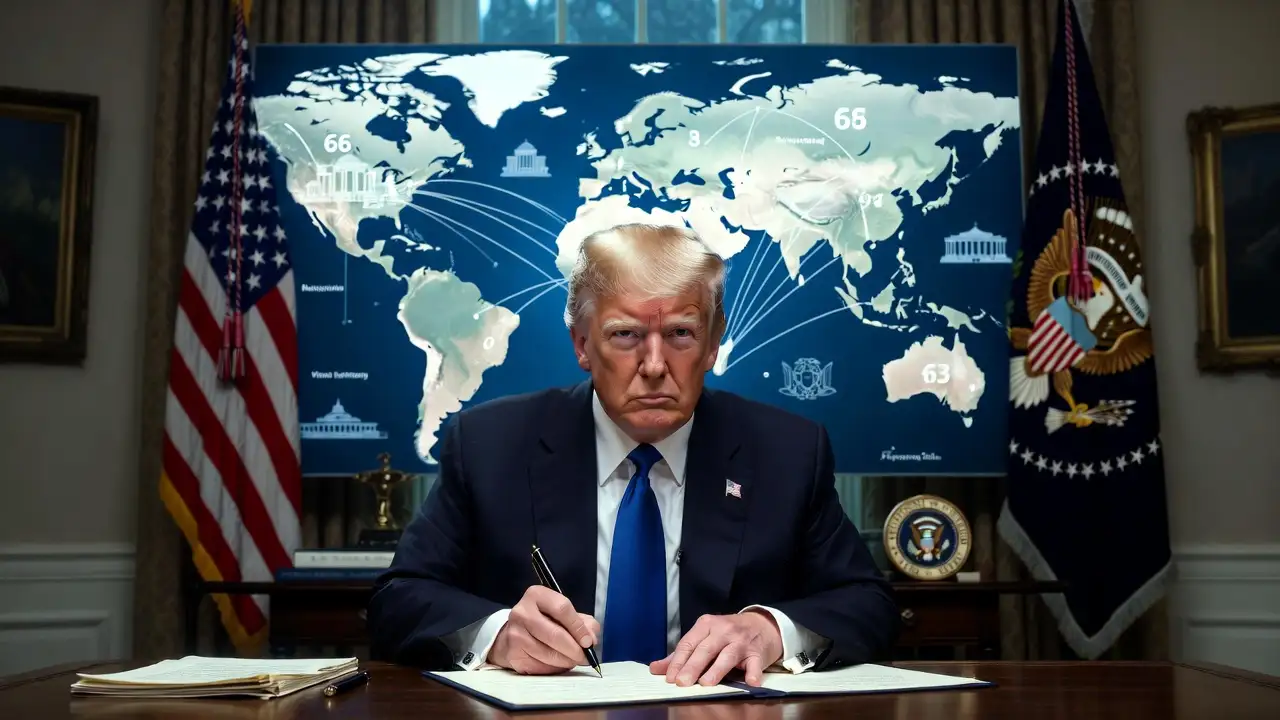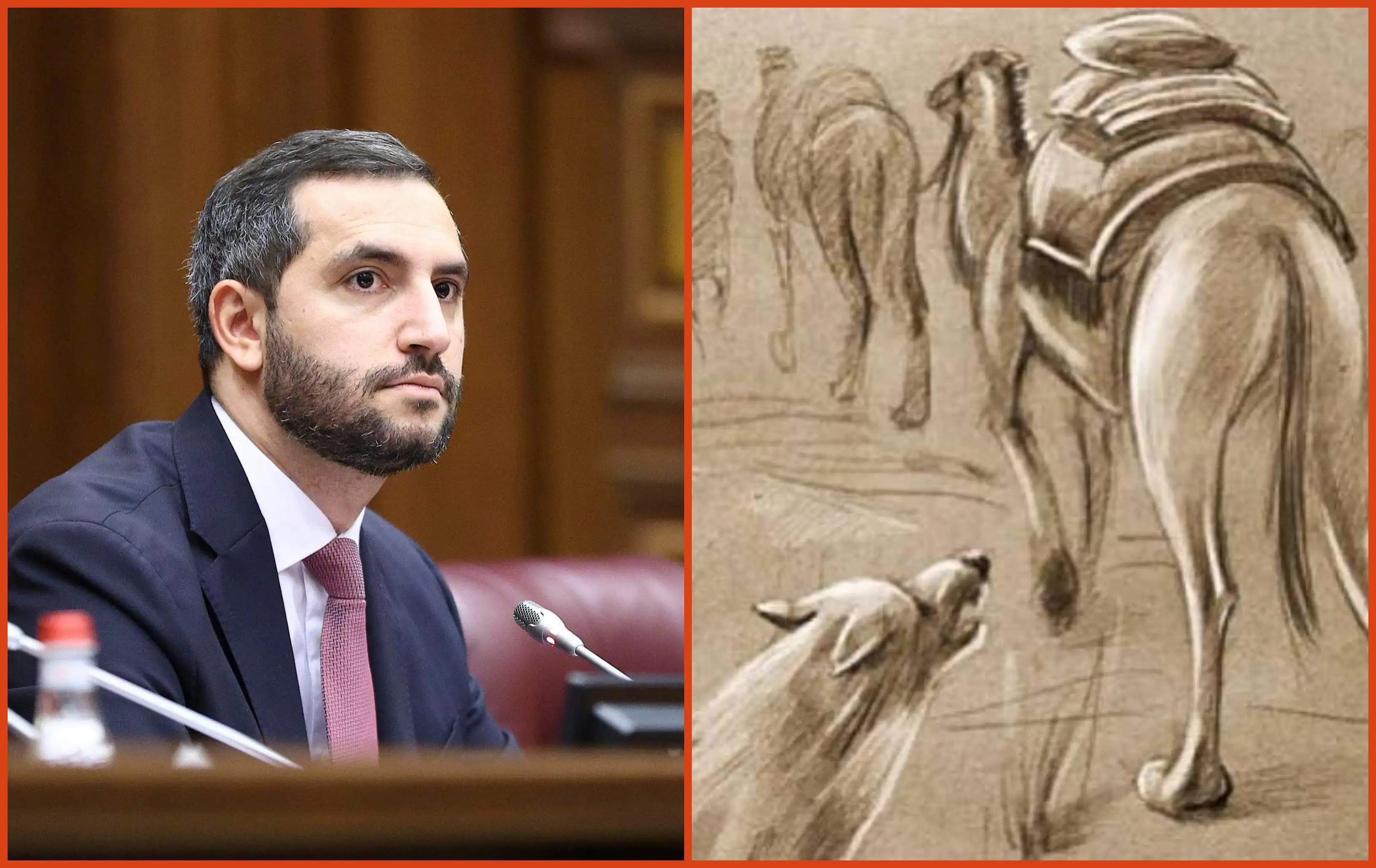Radar Armenia's interlocutor is Shahan Gantaharyan, an international scholar.
- The Constitutional Court decided that the obligations stipulated in the demarcation regulation signed on August 30, 2024, are by the Constitution. Why has Azerbaijan started the process in domestic courts just now? Do you see any trend?
- The format of the first stage of the demarcation process is essential. It was bilateral, which did not correspond to Moscow's approach. Moscow continues to nominate the task of assuming the role of a mediator in the settlement process of the Armenian-Azerbaijani conflict. Baku accepts Russia's offer to mediate and guarantee or moves to direct, bilateral negotiations. Perhaps this is an impulse from Baku to Moscow. Of course, there are also other geopolitical circumstances. The demarcation process is related to the peace treaty, on which no agreement has yet been reached.
- How would you evaluate the meeting between the leaders of Armenia and Turkey? Have you noticed any positive changes in terms of the normalization of Armenian-Turkish relations?
I don't see any movement. Pre-arranged points regarding third citizens, diplomatic persons, or the repair of the Ani Bridge are not activated. The Turkish-Azerbaijani tandem has fixed tasks based on the Shushi Declaration, and the establishment of Yerevan-Ankara and Yerevan-Baku relations continue to be interconnected.
- Erdogan stated that Ankara is trying to establish peace between Azerbaijan and Armenia. To what extent is the settlement of Armenian-Azerbaijani relations beneficial for Turkey?
- The main interest is the launch of the "corridor" proposed by the Turkish-Azerbaijani alliance. I think this is also the main point of the peace agreement. Formally, it has been removed from the points of the draft agreement, but it remains the main axis. Baku cannot imagine a peace treaty without a corridor. The same, Ankara.
- Also, I would like to address Israel's recent attacks on Lebanon. What is the purpose of all this? How beneficial is it to open a second front? On the one hand, the struggle against Palestine, and on the other hand, Lebanon.
- Israel changed the direction of the war game. If Netanyahu did not have the support of the people on the issue of Gaza, on the contrary, the protests were multiplying; now, he has the support of the people in the declared war against Hezbollah. By launching a second front, Israel reversed the interdependence. If there had been an agreement on a ceasefire in Gaza before, it would have affected Lebanon. Now, the demand for a truce is in the direction of Lebanon, and if it happens, it will, in turn, affect Gaza. Israel has set the task of restoring security in the northern part and returning the displaced population. That in itself implies the formation of a buffer zone.
- Will it be possible to involve Iran in the war?
- I don't think a large-scale war is in Iran's interests. Neither the assassinations of the central figure of Hamas nor the security architect of Iran's Middle Eastern branch caused Iran to get involved in the war. Even drone strikes against Iran did not lead to such a decision. There are trends of new political maps, and Iran is repositioning itself. The clashes with proxies will continue, but not with the same momentum.
- How do you see the outcome of the situation?
Two internationalizing agendas are visible from a distance. In the case of Palestine, the list of countries recognizing the state is added, leading to the "two states" international agenda, and in the case of Lebanon, Israel-Lebanon border demarcation or the application of UN Resolution 1701. Until these agendas are reached, the region will still experience upheavals.
Hayk Magoyan




